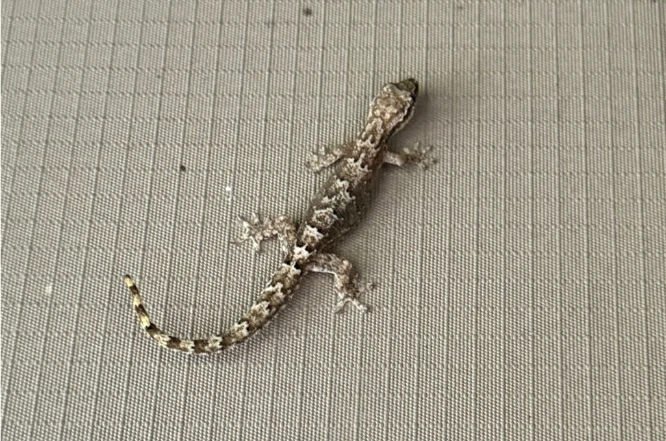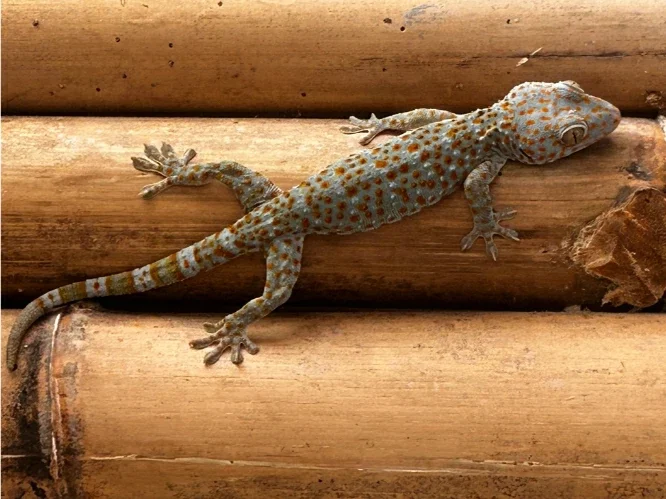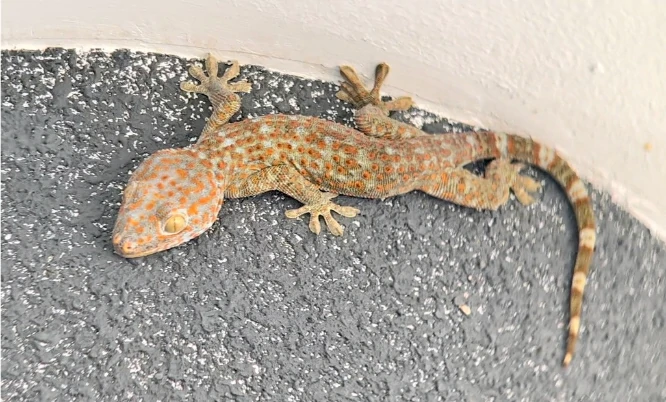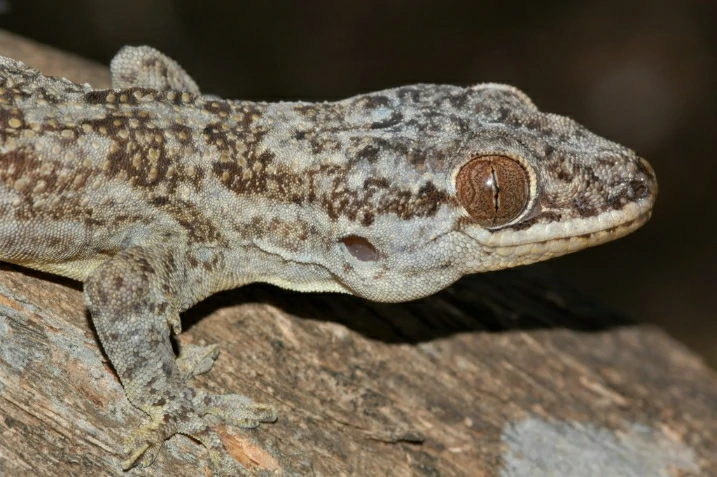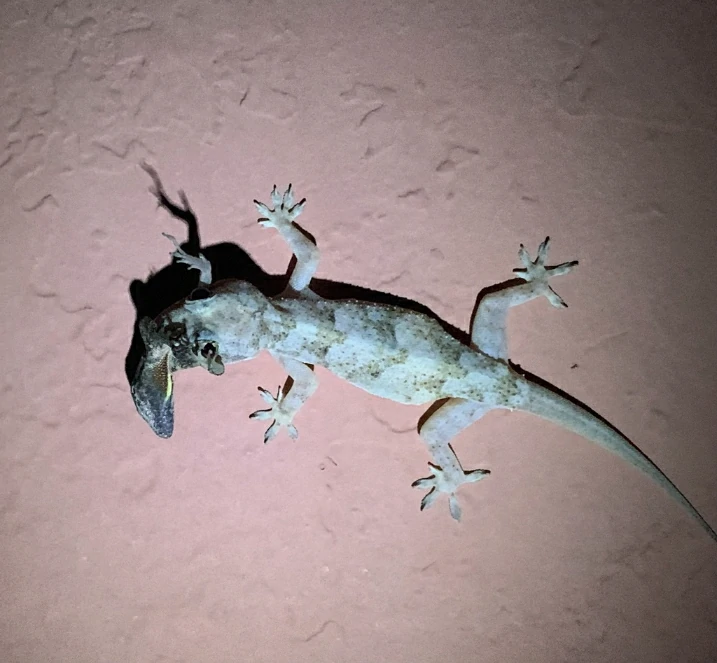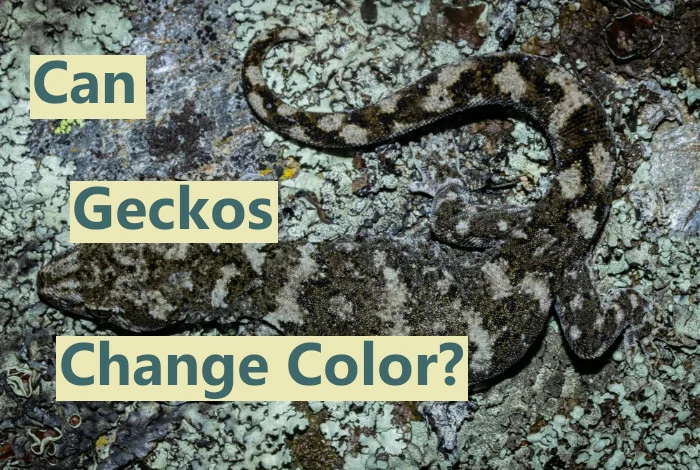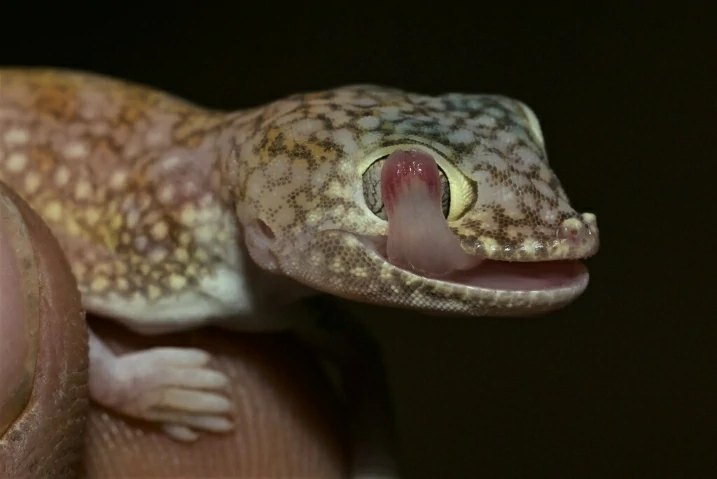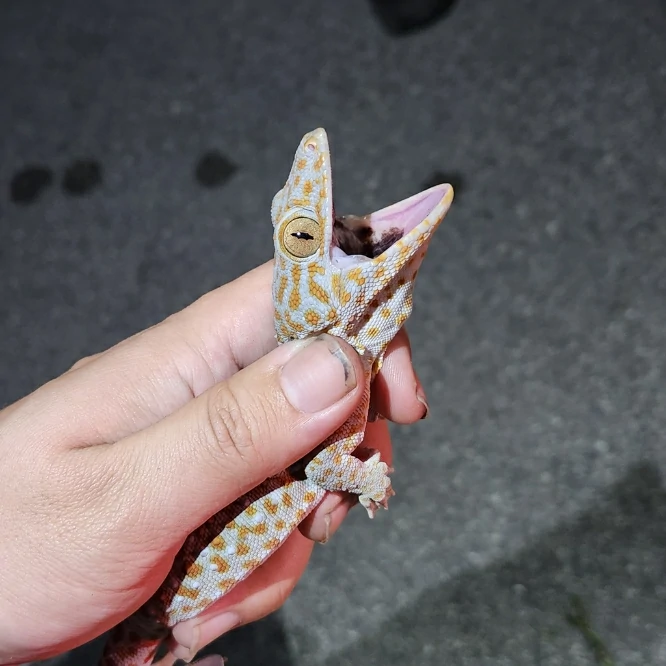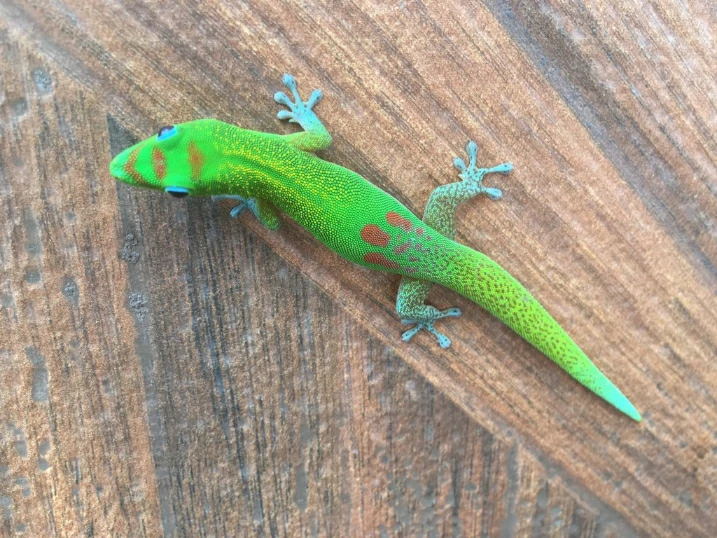Do Geckos Make Noise? (The Sounds They Use to Communicate
If you’ve ever had a gecko in your home or heard strange sounds at night, you might be wondering if those little lizards are actually making noise. Most reptiles are quiet, but geckos are different. They run along walls and ceilings, and sometimes you’ll hear clicking or chirping sounds. So, do geckos make noise? Yes, … Read more

